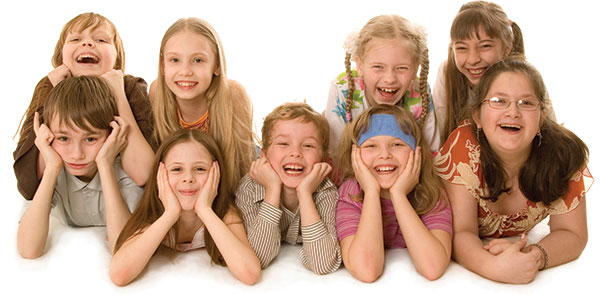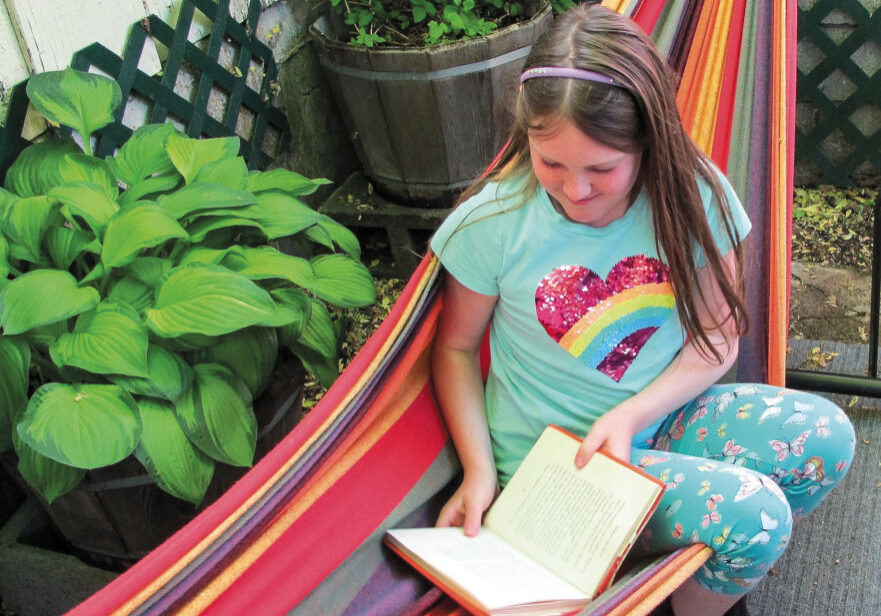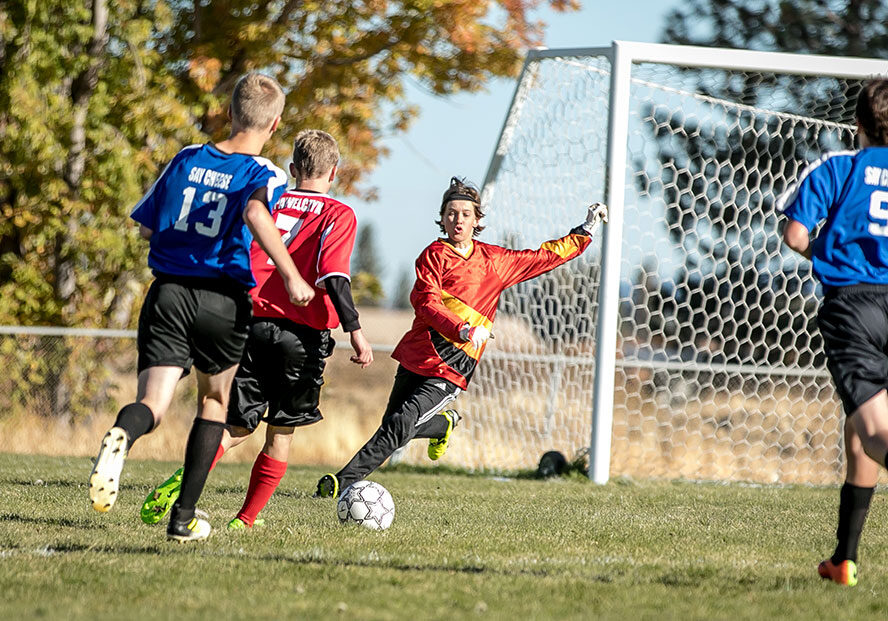
The intense demands of schoolwork may cause you to hesitate when it comes to afterschool time. Although you don’t want to overload you child’s schedule, the academic, social and physical benefits of extracurricular programs are hard to ignore.
The Afterschool Alliance, an information clearinghouse and advocacy group, reports kids who participate in afterschool programs have better school attendance, higher grades and loftier aspirations about graduation and college attendance. They’re less likely to use drugs or get into trouble with police, and – because they log less screen time – kids in afterschool programs are at lower risk of obesity. Kids also develop social and leadership skills in afterschool programs as they interact with peers in cooperative roles and mentoring relationships. Now that’s an impressive list of benefits.
What to Consider
Before signing up, do your homework. These guidelines will help you sort the best from the rest.
Content
If possible, let kids choose activities based on their personal interests, says Susan Kuczmarski, EdD, author of The Sacred Flight of the Teenager: A Parent’s Guide to Stepping Back and Letting Go. Help your child find activities that reflect who they are and what they want to learn, instead of imposing your preferences on them. Kids flourish when they’re deeply engaged.
Quality
Afterschool programs aren’t created equal. The best programs offer much more than homework help, says Sara Hill, Ph.D., Senior Consultant for the National Institute on Out-of-School Time. Discipline-based activities that allow kids to create a quality product over a period of time are best, she says. For instance, kids might learn math and science by building a boat or practice art and leadership by putting on a play or musical.
Staffing
You’re looking for more than a babysitter. Staff members should be professionals with bona fide skills and experience. Programs with strong community connections usually have the best resources, Hill says. Kids may get to work with artists, scientists, and athletes from local organizations, like museums and colleges. These opportunities expose kids to real-life role models.
Movement
Afterschool sports show kids the value of practice and encourage persistence. But the benefits of exercise are even bigger. John Ratey, M.D., Associate Clinical Professor of Psychiatry at Harvard Medical School and author of Spark: The Revolutionary New Science of Exercise and the Brain, prescribes exercise for kids with Attention Deficit Hyperactivity Disorder (and everyone else) because exercise boosts mood, improves learning and memory, and relieves stress. Being a jock is anything but dumb.
Leadership
Extracurricular activities, including sports and clubs, are ideal places for kids to explore and practice what it means to be a group leader, says Kuczmarski. When kids take responsibility for organizing group work and producing results, they learn valuable social skills. Encourage your child to take on leadership roles whenever possible.
Logistics
Rather than causing burnout, afterschool activities can provide balance to a class schedule that is overly academic, if locations and timing fit your lifestyle. It’s okay to keep kids busy, but avoid signing on to so many programs that you’ll be scrambling from one to the next. Pay attention to cost as well. Good programs don’t necessarily cost big bucks. Many quality programs receive funding from grants and community partnerships.
As you weigh the options, keep in mind this goal: You want your child to be a well-rounded citizen and a healthy, happy person, says Hill. Afterschool activities can provide enrichment, adventure and variety. They shouldn’t be driven by high-stakes testing and they shouldn’t be box-fillers for college applications. Kids don’t want to participate in programs that are just more school after school. The good news, says Hill, is that innovative programs promote learning without rote or repetition. If you can’t find quality afterschool activities near you, contact your school district to advocate for programs you’d like to see. Out-of-school shouldn’t mean out-of-opportunities.
Find your local school district by contacting your county office of education. Their contact information can be found in North State Parent’s annual Family Resource Guide and online at http://www.northstateparent.com/familyresources/education/schools-public-schools-county-offices
Learn about benefits of afterschool programs at http://www.afterschoolalliance.org/research.cfm
Comment Policy: All viewpoints are welcome, but comments should remain relevant. Personal attacks, profanity, and aggressive behavior are not allowed. No spam, advertising, or promoting of products/services. Please, only use your real name and limit the amount of links submitted in your comment.






